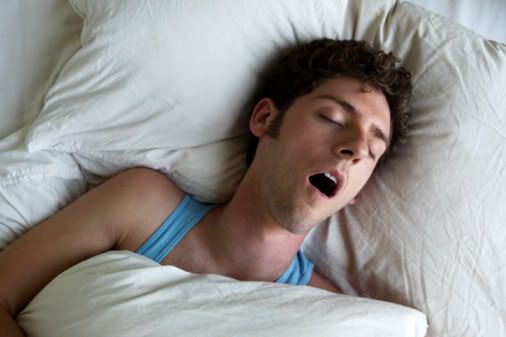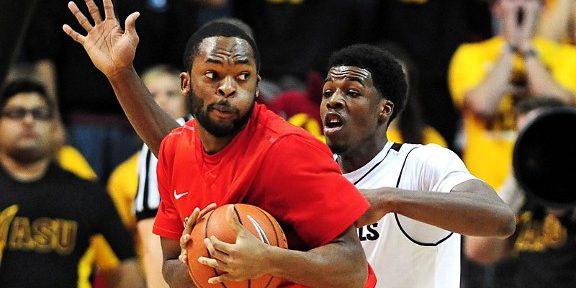
Photo Courtesy Getty Images
With hectic schedules and full workloads, a good nights sleep sometimes rare. But if you’re having trouble getting to sleep what are the signs you should look for to see if you need to get help?
“I think in a waking state if your normal functions start to be affected by your sleep deprivation. Like if your missing class your feeling sicker more often. Maybe you’re more irritable with your mood relationship changes things like that.” Says Patrica McKenna-grant who also has some tips for getting a good nights rest. “Making sure you have a cool comfortable room that’s not higher than 70 degrees at night.”
“No television when you fall asleep. Ambient noise is really great like a fan or music.” Also many college students will make up for it with a nap during the day but its important to make sure your daytime naps don’t make nighttime sleeping habits worse.
McKenna also says if a student is having trouble going to sleep to have a cup chamomile tea or a warm glass of milk and warns not self medicate with something like Tylenol pm because you run the risk of an overdose and the outcome could be devastating. If you are having sleeping problems McKenna says you should seek medical help right away before the sleep deprivation seriously affects your social and educational life.


